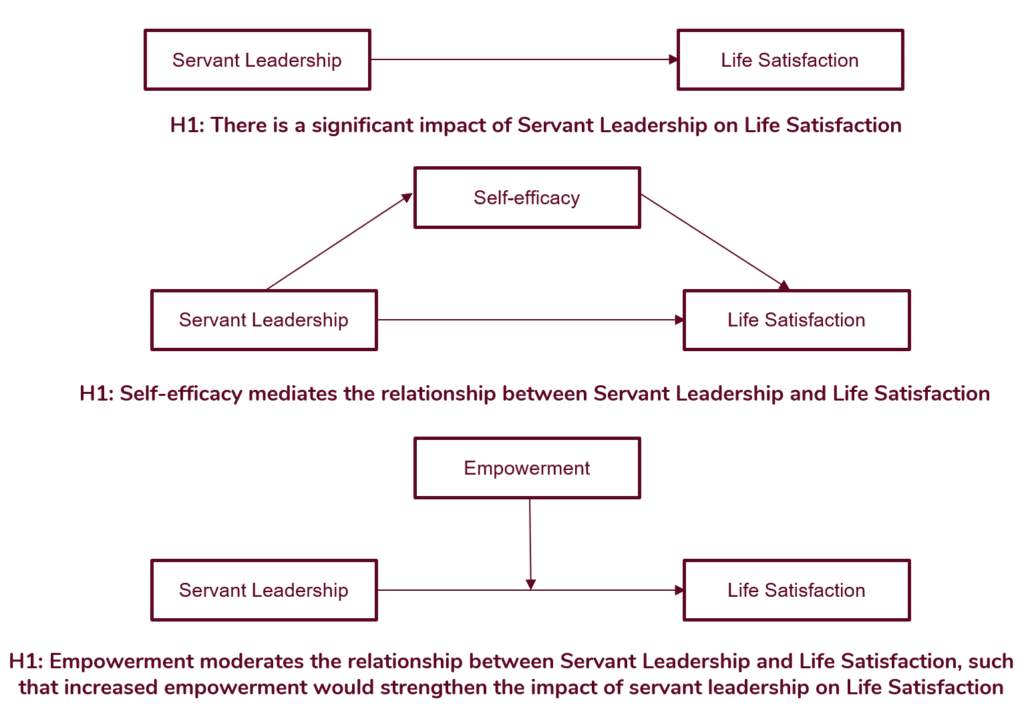Understand the Process of Hypothesis Development
What is Hypothesis?
A hypothesis is an educated guess; it is referred to as an educated guess because it is based on the literature review. A good hypothesis must be predictable and testable.
After variables are identified, and a relationship among them is established, we now need to establish if the relationships hold true or not. This starts with the formulation of hypothesis.
A hypothesis is defined as a logically conjectured relationship between two or more variables expressed in the form of a testable statement (Sekaran, 2003).
Hypotheses are more specific than theories, and all terms and concepts are fully defined. For instance, a researcher may like to check if Employee Empowerment has an influence on employee commitment. In the above-mentioned variable, we have a clear dependent (Employee Commitment) and an independent variable (Employee Empowerment) whereas the research would like to evaluate the influence and the direction of the relationship is positive.
In order to check if the hypothesis is to be accepted or rejected the research needs to collect the data on both Employee Empowerment and Employee Commitment by developing an instrument that has questions pertinent o the variables under study. In most cases the studies we undertake, have dependent and independent variables, the hypothesis is established in order to evaluate if a certain kind of relationship exists between variables or across groups for a single variable.
Understanding the concept of hypothesis is important, as the tests are undertaken based on the nature of the hypothesis. Hypothesis testing is a process for choosing between different alternatives. In the example of Employee Empowerment and Employee Commitment, the following two options will have to be considered to verify the researcher’s claim:
- Employee Empowerment has a significant influence on employee Commitment.
- Employee Empowerment has no significant influence on employee Commitment.
We can see that these options are mutually exclusive as well as exhaustive. Typically, in hypothesis testing, we have two options to choose from. These are termed as null hypothesis and alternate hypothesis.
